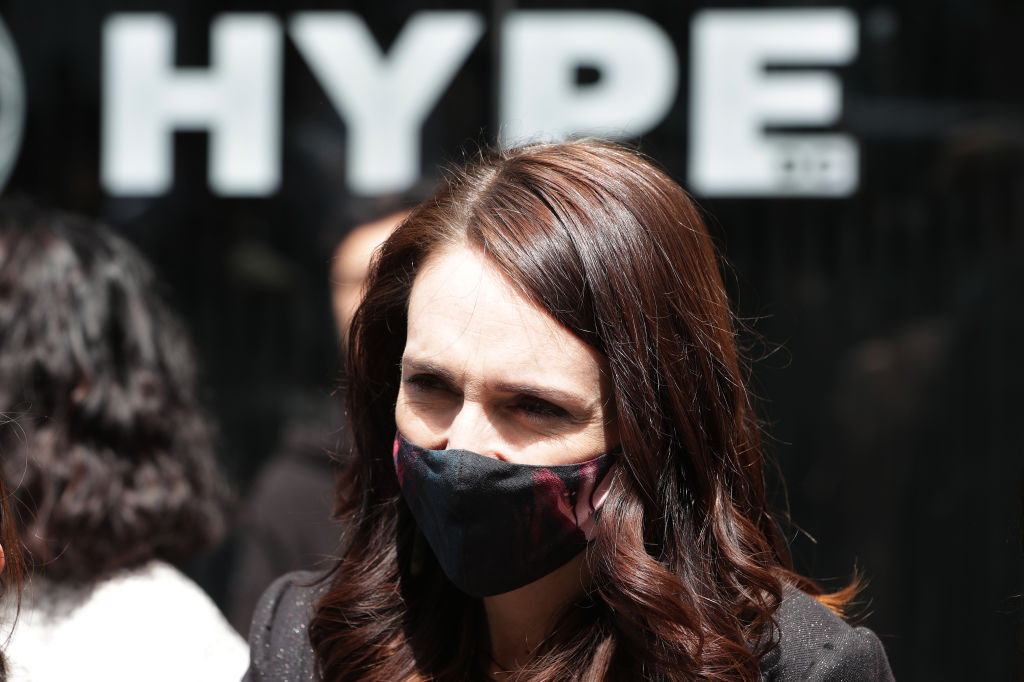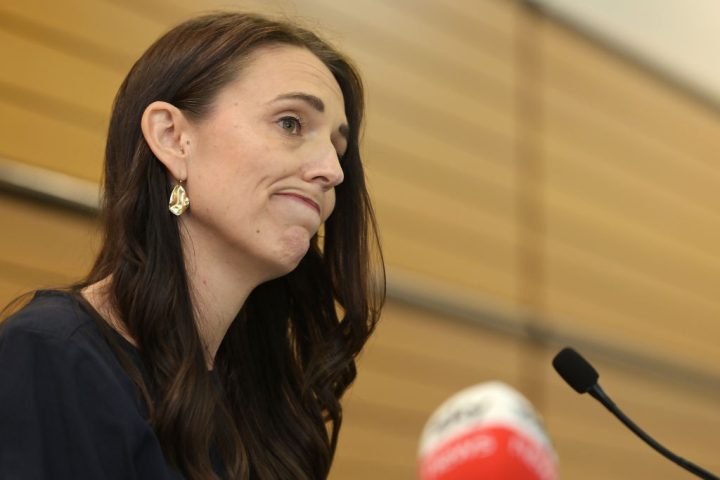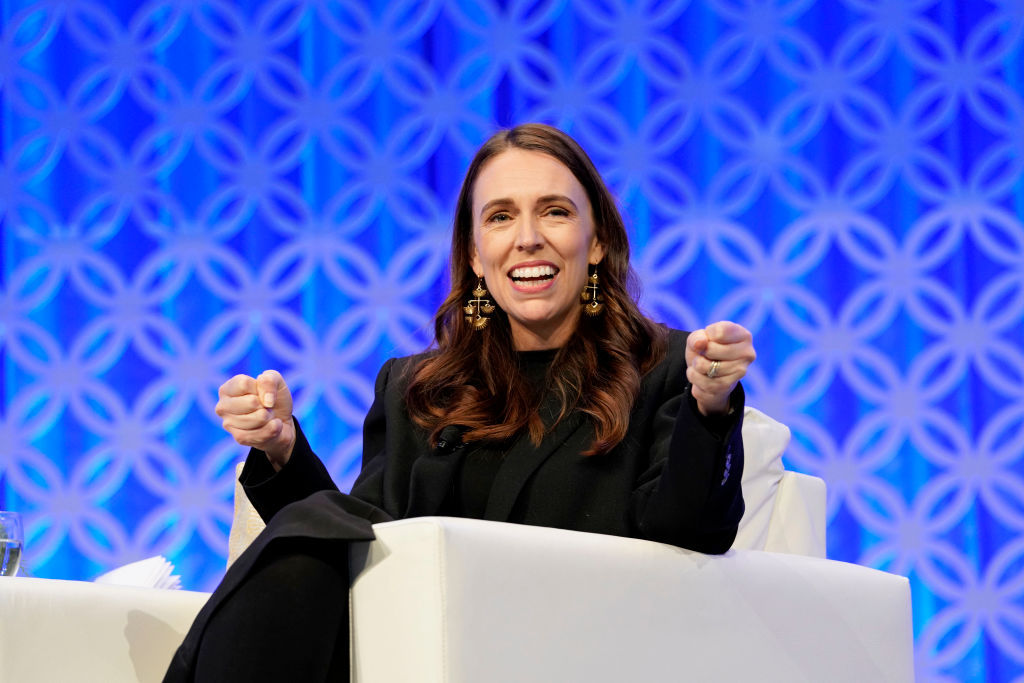When New Zealanders head to the polls this weekend, Jacinda Ardern seems all but certain to secure a resounding victory. So is this proof of the popularity of Ardern’s zero-COVID strategy?
There is no doubt Ardern’s approach to the pandemic has been popular in New Zealand. Early on in the outbreak, the Labour party leader presented a national strategy. ‘We go hard, we go early,’ she told Kiwis in March, setting out in detail the four ‘alert’ stages and what would be required. A small population, no land borders, and no international flight hubs, meant that the country was able to shut down quickly, with relatively few deaths. This led to widespread acclaim and a massive surge in national solidarity and support for the government which, despite a small second wave of coronavirus cases, has largely held firm.
Even before the pandemic, Ardern was a recognizable figure overseas. New Zealand’s leader appeared on the cover of Vogue and TIME and was widely praised for her response to the Christchurch Mosque shootings in March of 2019. Yet there was always something of a discrepancy between the international image and the domestic reality.
For much of last year, Ardern’s party was registering only fair to middling results in the polls. By late 2019, it had slipped behind the opposition National party. A flagship initiative on housing was handled dismally, falling well short of expectations, and requiring ad-hoc changes. A restlessly populist centrist coalition partner was periodically pushing the brake on the government’s progressive agenda. The leader of the opposition National party at the time, Simon Bridges, accused Ardern of being a ‘part-time prime minister,’ alluding to her frequent international appearances. Things didn’t look good for Ardern’s reelection hopes.
But more recently, Ardern’s appeal abroad has been matched by her popularity among voters in New Zealand; her party enjoys a commanding double-digit lead over its main rival ahead of Saturday’s vote. It would be a mistake to think this was all to do with her COVID response. Despite the setbacks and compromises prior to the pandemic, Ardern has presided over the implementation of a great deal of quite radical legislation, with a lot more on the agenda. Through legislation and referendums, New Zealand has made big shifts in abortion law reform and gun laws through the banning of assault weapons. The legalization of cannabis, and the right to die through euthanasia are on the ballot this election.
Ardern has been helped in this potentially divisive issues by the lack of partisanship in New Zealand when it comes to social issues. Cannabis reform was pushed by the Greens. The euthanasia bill is being pursued from the other end of the spectrum by the Libertarian ACT party. Much of this bipartisanship stems from the fact the public itself here is in a progressive mood. A poll last year found that 70 percent of the public wanted abortion, which is widely available, to be formally decriminalized, and the process reformed.
On the issue of euthanasia, recent polling shows that 74 percent of New Zealanders believe that if you are mentally competent and aged 18 or over with an end-stage terminal disease, you should be able to get medical assistance to end your life. Six in 10 New Zealanders supported gun reform in the wake of the Christchurch mosque shootings.
***
Get a digital subscription to The Spectator.
Try a month free, then just $3.99 a month
***
In the global social progress index, New Zealand is ranked seventh in the world on indicators of social outcomes and progressive development, following Norway, Denmark, Switzerland, Finland, Sweden and Iceland, and outpacing Australia at 12, and the United Kingdom, at 13.
New Zealand’s progressive swell has undoubtedly benefitted Ardern, as has the tendency toward incumbency here: there have been only three governments and four prime ministers in two decades, in contrast to neighboring Australia, which has churned through seven prime ministers in just 13 years. New Zealand has not had a single-term government since 1975, almost half a century ago, an extraordinary statistic, given elections are held every three years.
Instead, the real messiness in New Zealand politics involves leaders of the opposition, a position where it is perpetually difficult to develop name recognition, a brand, and traction with voters, and where even the most determined figures usually languish 30 points or more behind an incumbent prime minister in popularity. New Zealand has had eight opposition leaders, across both major parties, in the last 12 years. The signs don’t look favorable for National party leader Judith ‘crusher’ Collins in her bid to oust Ardern.
Nicholas Sheppard is a New Zealand-based journalist. This article was originally published on The Spectator’s UK website.

























